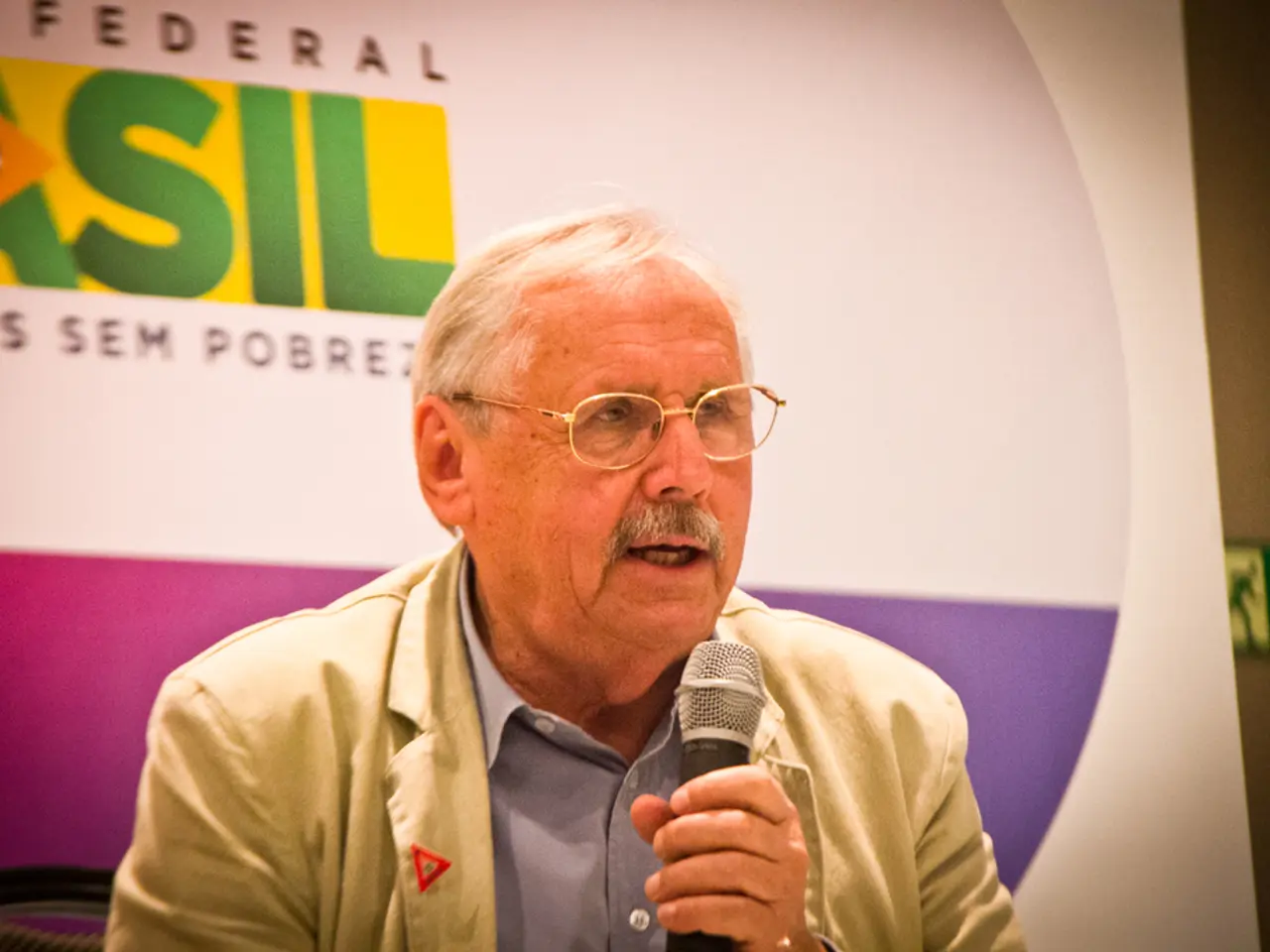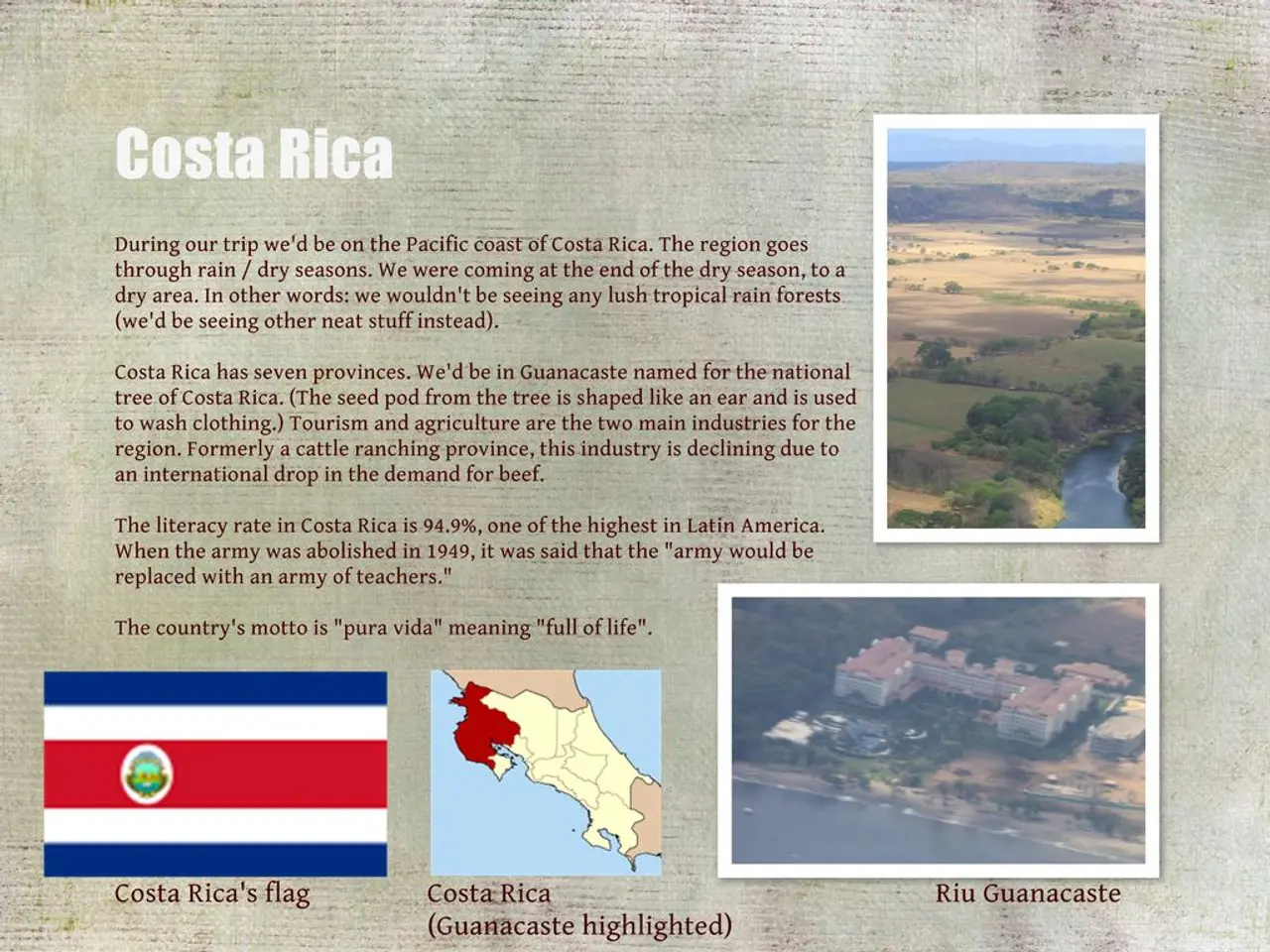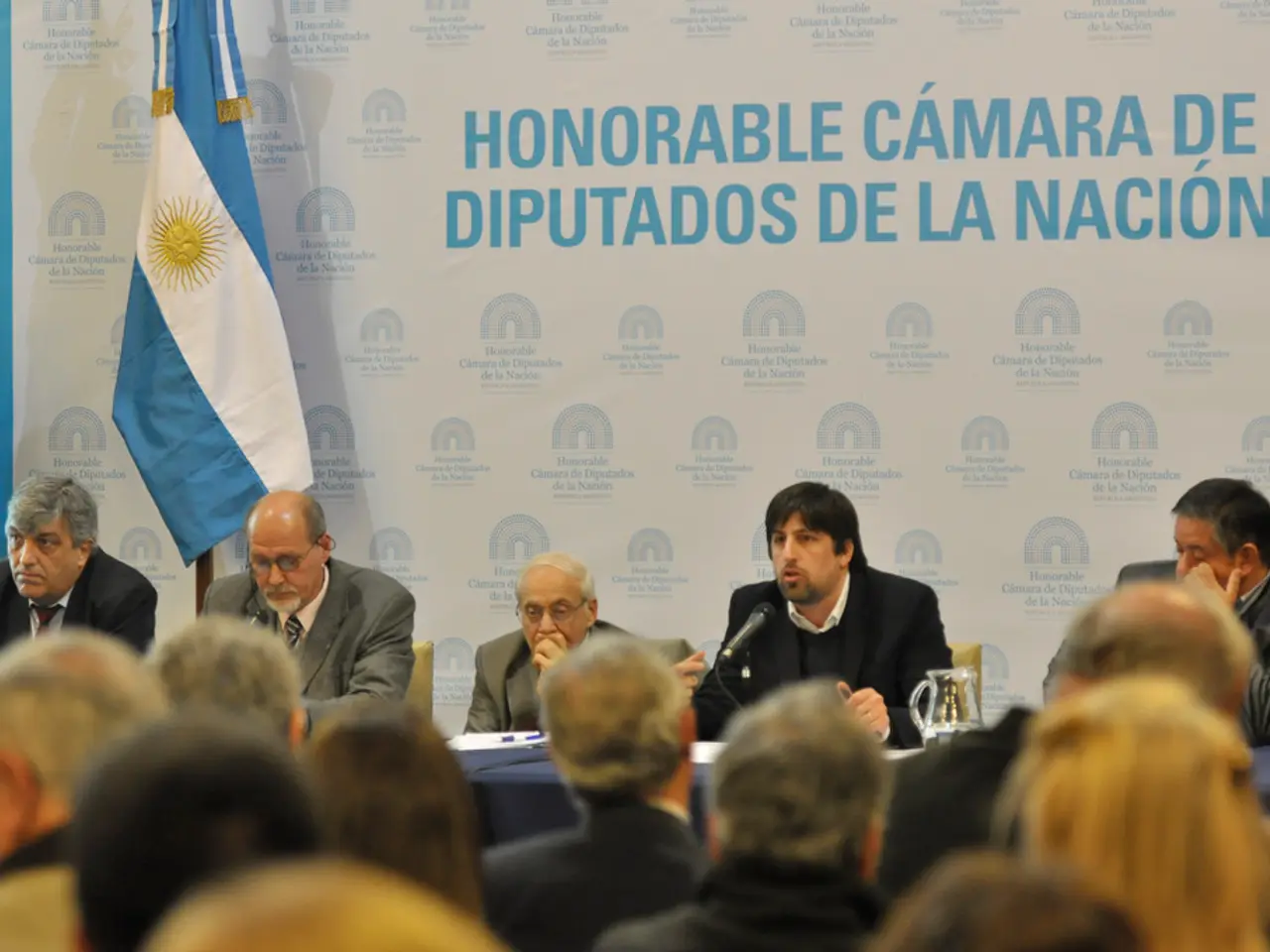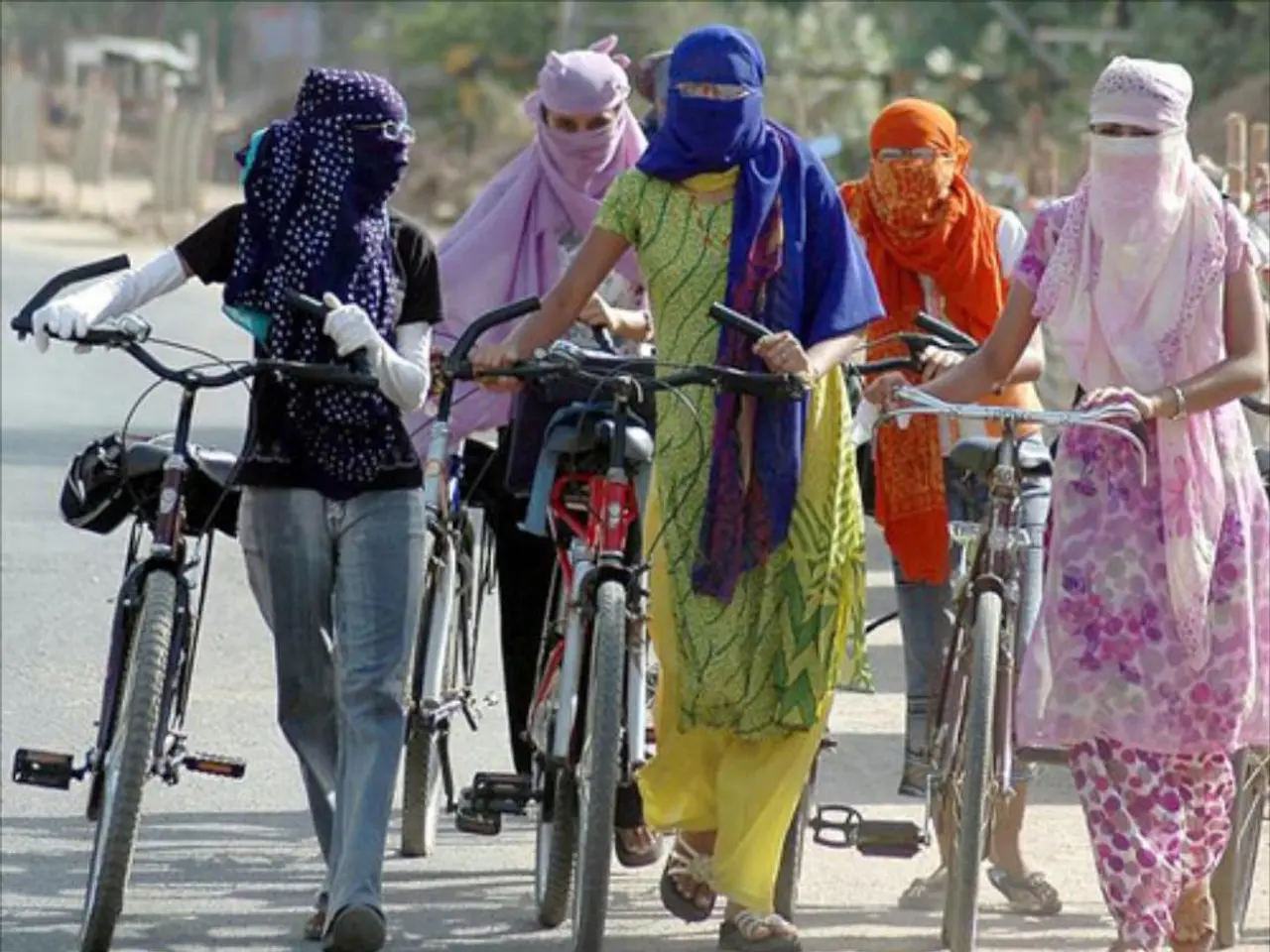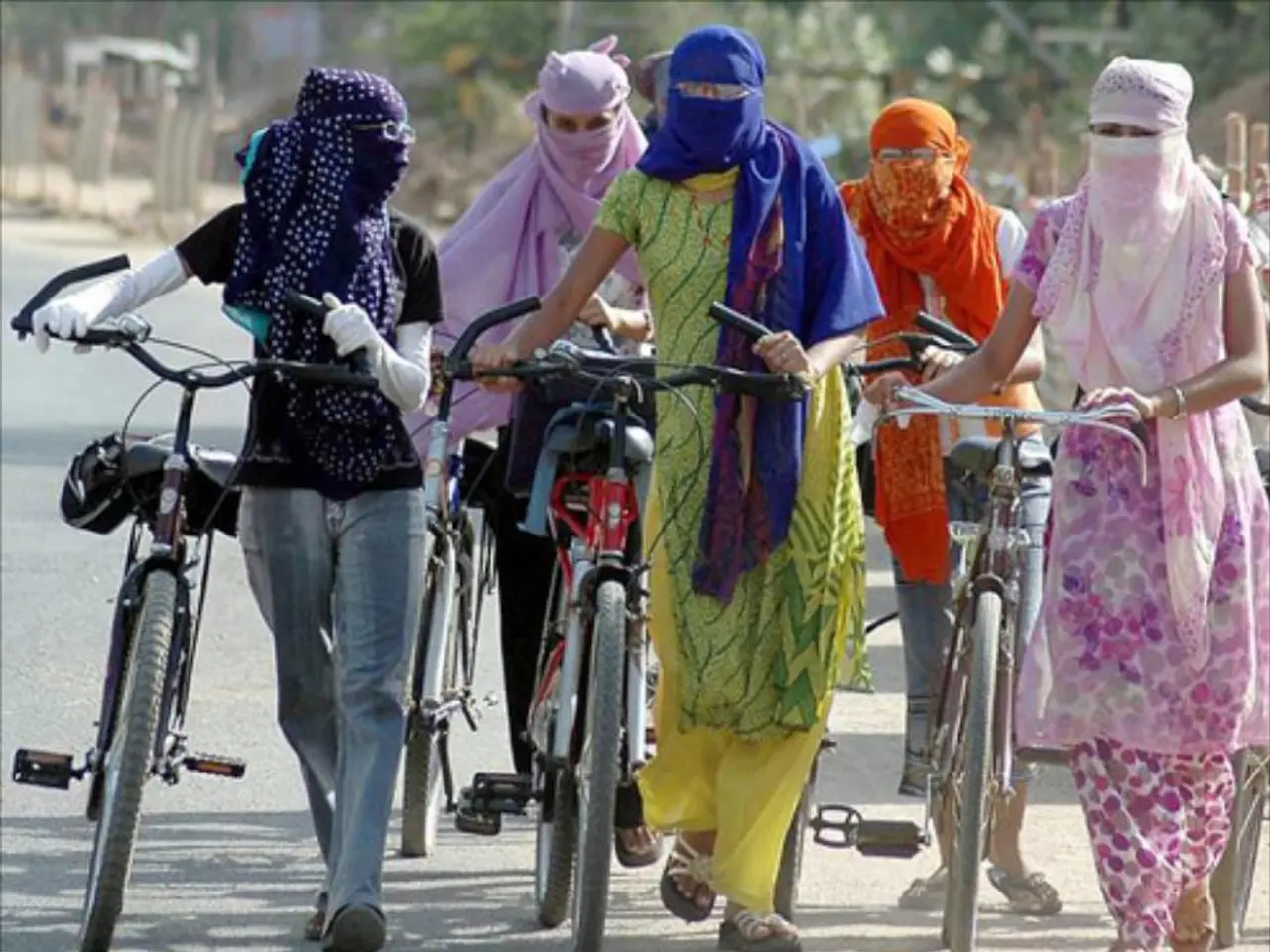United States Appellate Court Prohibits Unjustified Detentions
In a significant ruling, the U.S. Ninth Circuit Court of Appeals has upheld a temporary restraining order blocking Immigration and Customs Enforcement (ICE) agents from conducting "roving patrols" in Southern California that involve detaining people without reasonable suspicion of being undocumented immigrants.
The court found that such arrests violated the Fourth Amendment, which protects against unreasonable searches and seizures, because agents were detaining individuals based solely on factors like race, ethnicity, language spoken or accent, location, or employment—either alone or combined—without proper suspicion.
This decision maintains a freeze on immigration raids described as paramilitary-style and racially discriminatory, with strong criticism from advocacy groups like the American Civil Liberties Union (ACLU), which called the federal operations unconstitutional and damaging to communities of color.
The case involved plaintiffs including Jason Gavidia, a U.S. citizen who was arrested during a raid despite repeatedly stating that he was American. The court panel—Judges Marsha S. Berzon, Jennifer Sung, and Ronald M. Gould—agreed with a lower court's decision by U.S. District Judge Maame Ewusi-Mensah Frimpong to enjoin ICE from conducting stops and arrests without reasonable suspicion and from relying on racial or profile-based criteria.
The appeals court denied the federal government's request to lift this block, leaving the temporary restraining order intact. This ruling constitutes a significant judicial check on the federal government's immigration enforcement practices in California, restricting ICE patrols that had caused widespread fear due to their indiscriminate nature and alleged violations of constitutional rights.
However, it is important to note that this ruling does not address the broader issue of immigration enforcement. The court case focuses specifically on the practice of arbitrary arrests during raids in California.
The ongoing court case is another point of contention in the ongoing debate about President Donald Trump's hardline immigration stance. The decision marks another setback for Trump's controversial immigration policy, following a series of court rulings limiting the administration's powers in this area.
The raids in Los Angeles and its surrounding areas, which have been subject to repeated protests, were found to violate the protection against arbitrary arrest. The city of Los Angeles and its suburbs have been a hotspot for ICE activity since Trump's return to the White House.
The government's lawyers argued in court that ICE had chosen "certain types of businesses" like car washes that were "likely" to employ people without valid papers. This has raised concerns among some members of the community, including US farmers who worry about their workers' absence due to such raids.
The court's ruling emphasizes the importance of individual rights and the rule of law in immigration enforcement. ICE is prohibited from arresting people based solely on their ethnicity, language, or place of work, according to the ruling. The officers involved in Gavidia's arrest repeatedly ignored his statements that he was American and did not return his ID after the arrest.
The case highlights the fear and uncertainty that these enforcement actions can cause, underscoring the need for a balanced and humane approach to immigration policy. The court case is expected to continue, with further developments expected in the coming months.
- The ongoing debate about President Donald Trump's hardline immigration stance has been fueled by the court's ruling that the raids in Los Angeles and its surrounding areas, primarily targeting businesses and individuals based on their ethnicity, language, or place of work, violate individual rights and the rule of law.
- In addition to this ongoing court case, the Commission has also been asked to submit a proposal for a directive on the protection of workers from the risks related to exposure to ionizing radiation in the context of the general-news and crime-and-justice landscape, emphasizing the importance of safeguarding workers' rights and promoting fair and humane policies.
